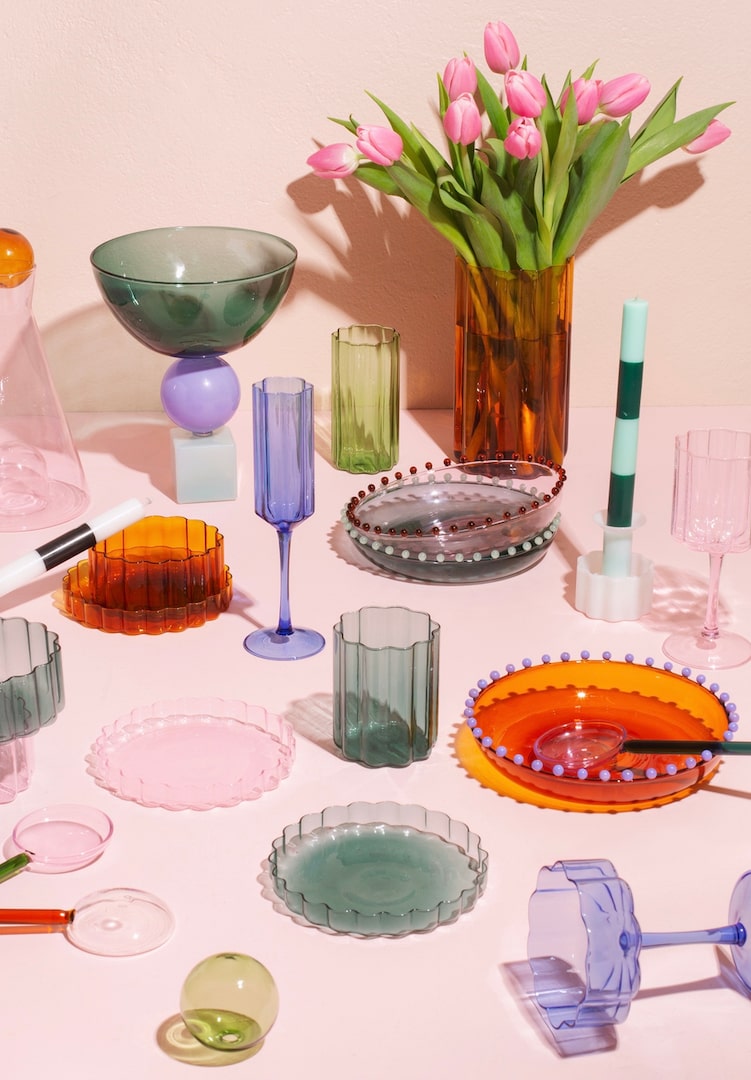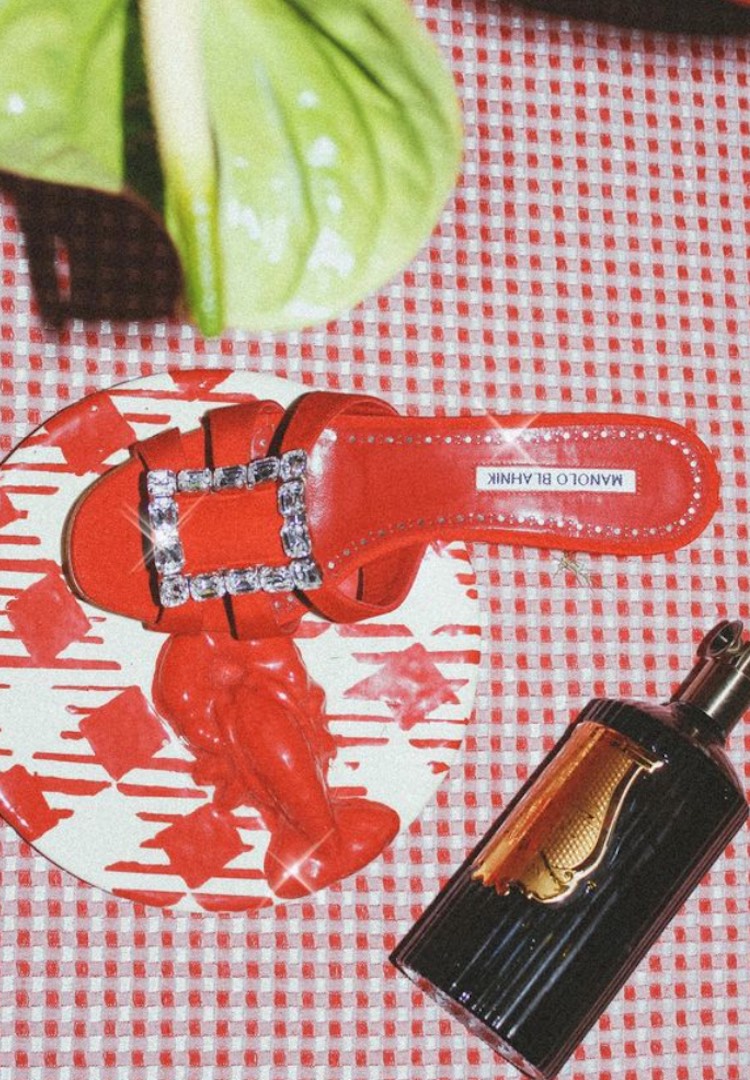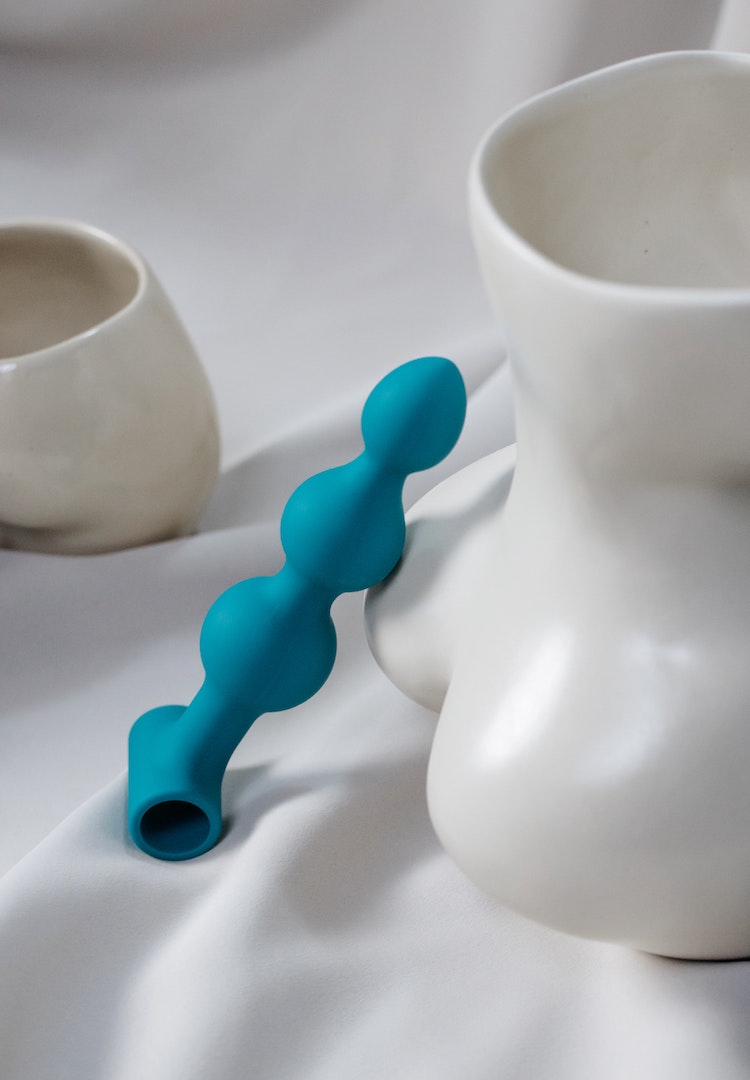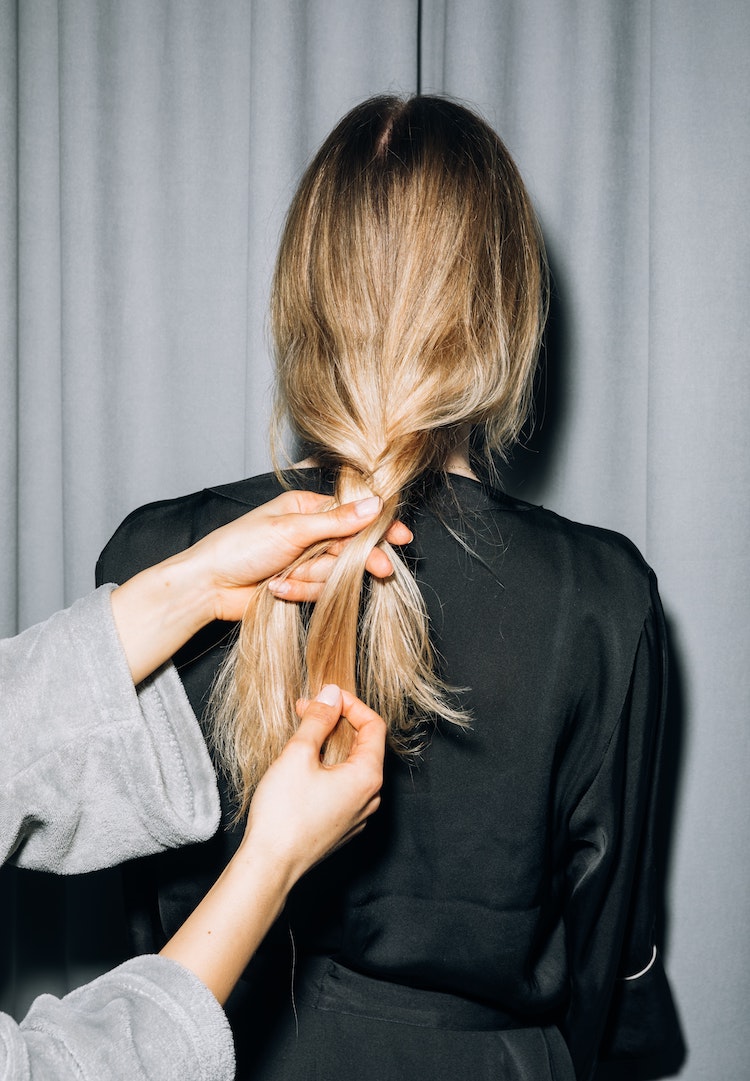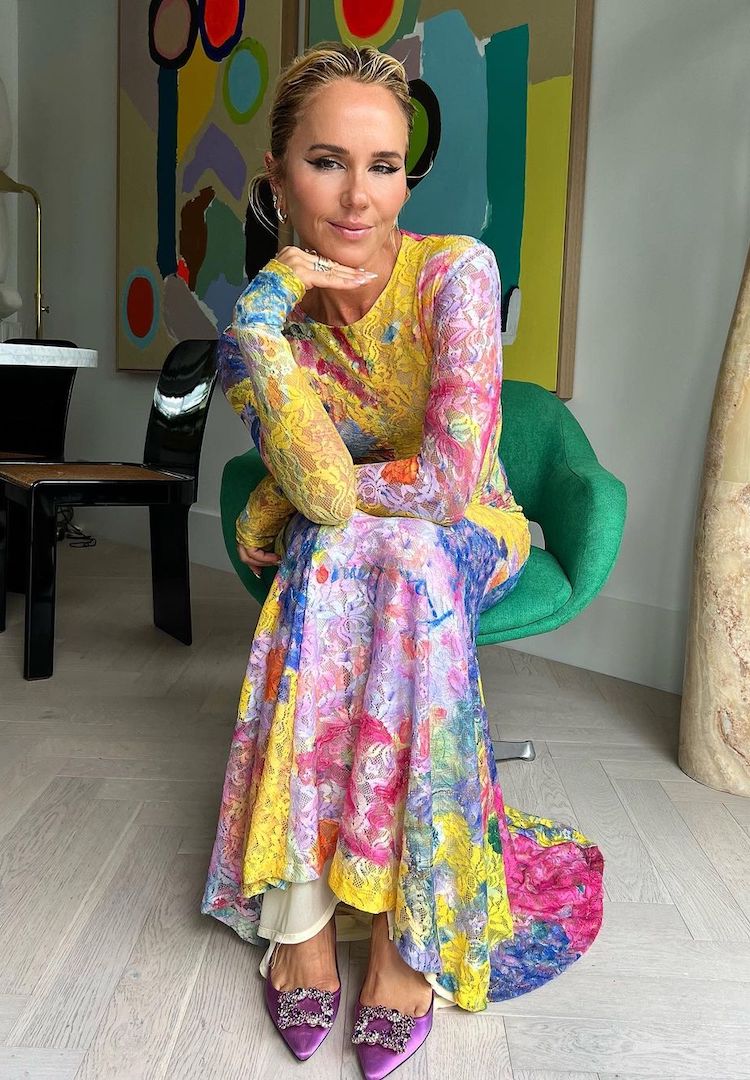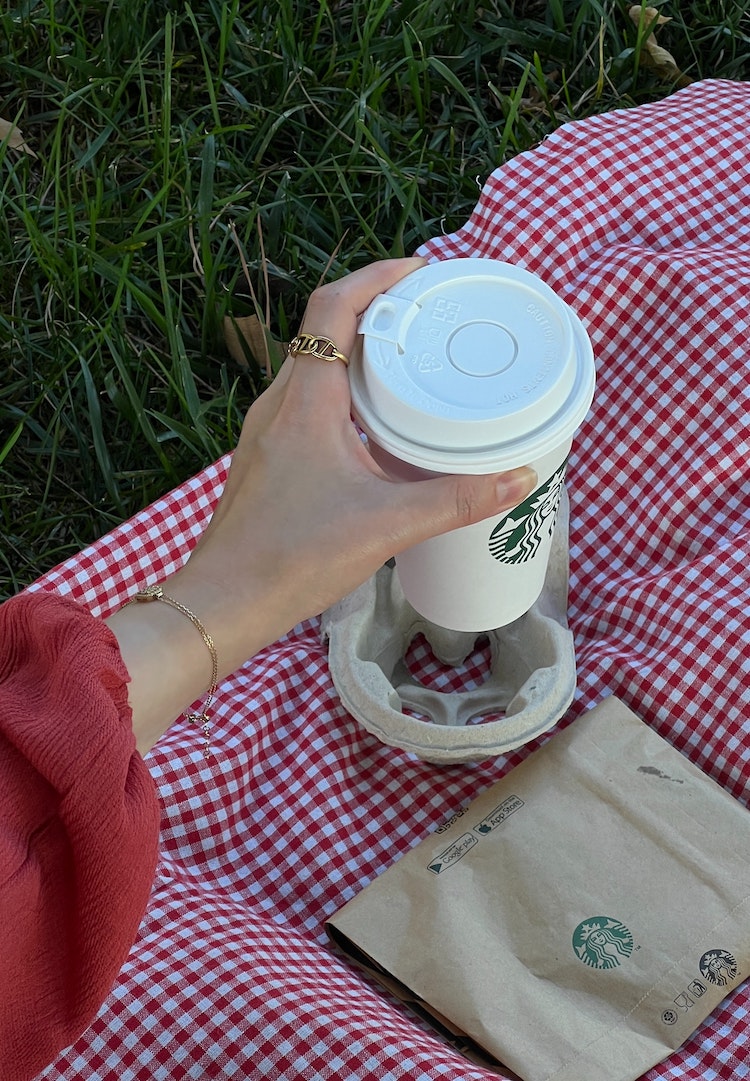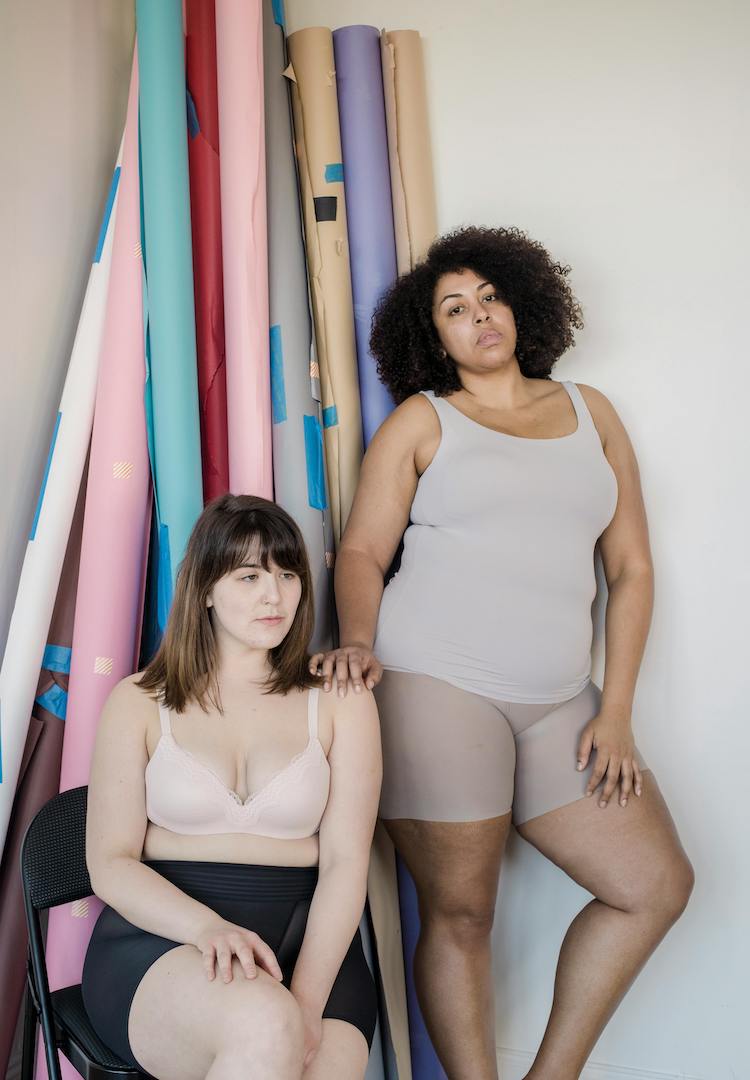Am I living above my means? When ‘treat yourself’ culture becomes detrimental
IMAGE VIA @degoey_planet/INSTAGRAM
WORDS BY KIRSTY THATCHER
“A $9 croissant with your morning coffee tastes so much sweeter when it’s an occasional indulgence, not a daily habit.”
I’ve always been a bit of a hedonist with money. Whether it’s the oat milk flat white I treat myself to most mornings, or the $300 skirt I need only the slightest convincing to splurge on, my attitude is usually ‘enjoy now, think later’.
Up until recently, I’ve been relatively at peace with the fact that this mentality leaves little in the way of savings. If two years of lockdowns have taught me anything, it’s to enjoy life now, instead of saving for a rainy day.
Want to read more about how others navigate the world? Head to our Life section.
But as more and more of my friends start to hit big financial milestones – buying a home, throwing a wedding, booking overseas holidays (the kind that doesn’t involve the ‘cheapest first’ filter when booking flights and accommodation) – I find my self-gratifying purchasing habits giving way to feelings of guilt.
While weddings, houses and other ‘adult’ goals still feel lofty to me in my early twenties, I’d be lying if I said I didn’t see them in my future. But is my willingness to treat myself at every turn instead of living more frugally standing in the way of ever reaching these? Am I living above my means?
The art of self-care
When I reflect on my purchasing habits, most often they’re tied to an emotional state. Feeling sad? New shoes should fix that. Happy? Embrace that high with a boozy dinner. Stressed? There’s nothing quite like adding-to-cart to unwind.
Jodie Cariss, the founder of SelfSpace, defines emotional spending as “using shopping as a way to distract or defend us from feeling difficult emotions”. She also reminds us that this relief is temporary: “emotional spending is also often followed by feelings of shame, doubt and guilt [at] the re-emerging of the emotion we hoped the spending would blot out”.
So, while these treats feel great in the moment, they can inhibit us from reaching bigger future goals, in turn stunting long-term happiness. To break this cycle, we need to reframe our understanding of self-care. This starts with uncovering the unmet emotional needs that trigger the impulse to shop.
My last splurge, a beautiful (albeit expensive) dress, was bought in haste on the afternoon of a party. Convinced that my existing wardrobe made me look hideous, and attempting to boost my self-esteem, I tapped my card on a dress I will likely only wear a handful of times.
For Dr Ali Walker, practising mindfulness could be the key to overcoming this kind of retail-therapy dependency. “Mindfulness encourages us to focus our attention in the present moment rather than worrying about the past or the future,” she says. “When we are focused on the present, we’re more likely to make conscious financial choices.”
What’s more, this kind of perspective allows us to better enjoy the moments when we do decide to indulge. A $9 croissant with your morning coffee tastes so much sweeter when it’s an occasional indulgence, not a daily habit.
It’s all relative
It’s important to acknowledge that personal finances are just that: personal. What’s worth saving up for versus splurging on looks different to each of us. So, what does it mean to afford something in the first place, and how do we know if our spending habits are becoming detrimental?
Anna*, 24, a lawyer, tells me she feels compelled to live frugally because of the increasingly unattainable property market in Australia. “I constantly feel like I live beyond my means because of the pressure to save for and buy a house. I feel guilty if I don’t set aside around 20 per cent of my pay each month to help me get there.”
While for Bella*, also 24, but working in the fashion industry, saving isn’t that simple. “My salary is low, so I would rather spend what little money is left over on having fun. At the end of the year, the money saved would be minimal, so it’s not worth feeling miserable over.”
While neither approach is wrong, these differing perspectives prove just how subjective living within – or above – our means can be. Money and spending are personal, and security and joy look differently to each of us. And despite their financial differences, what Anna and Bella do have in common is a desire to find a balance between joy now and joy later, while working within their financial parameters to achieve this. Perhaps that’s all we can ever hope for.
For advice on how to manage your money better, head here.

